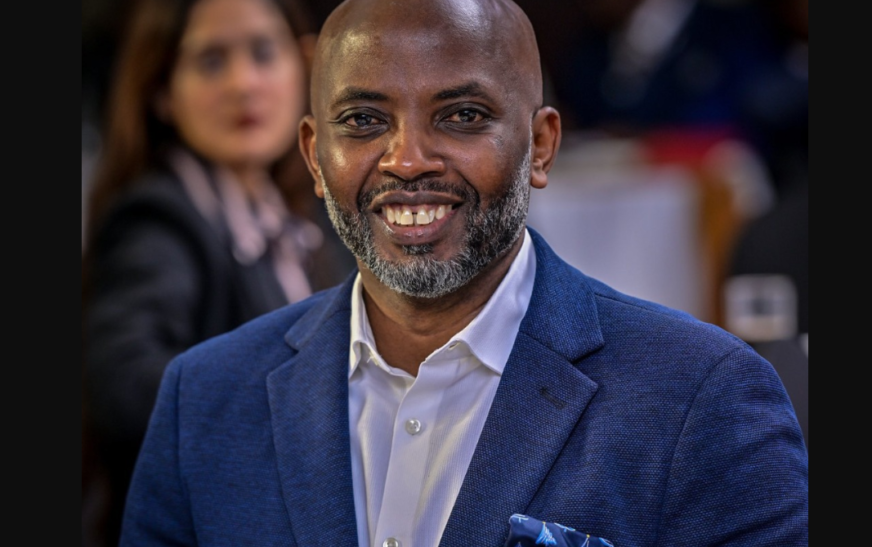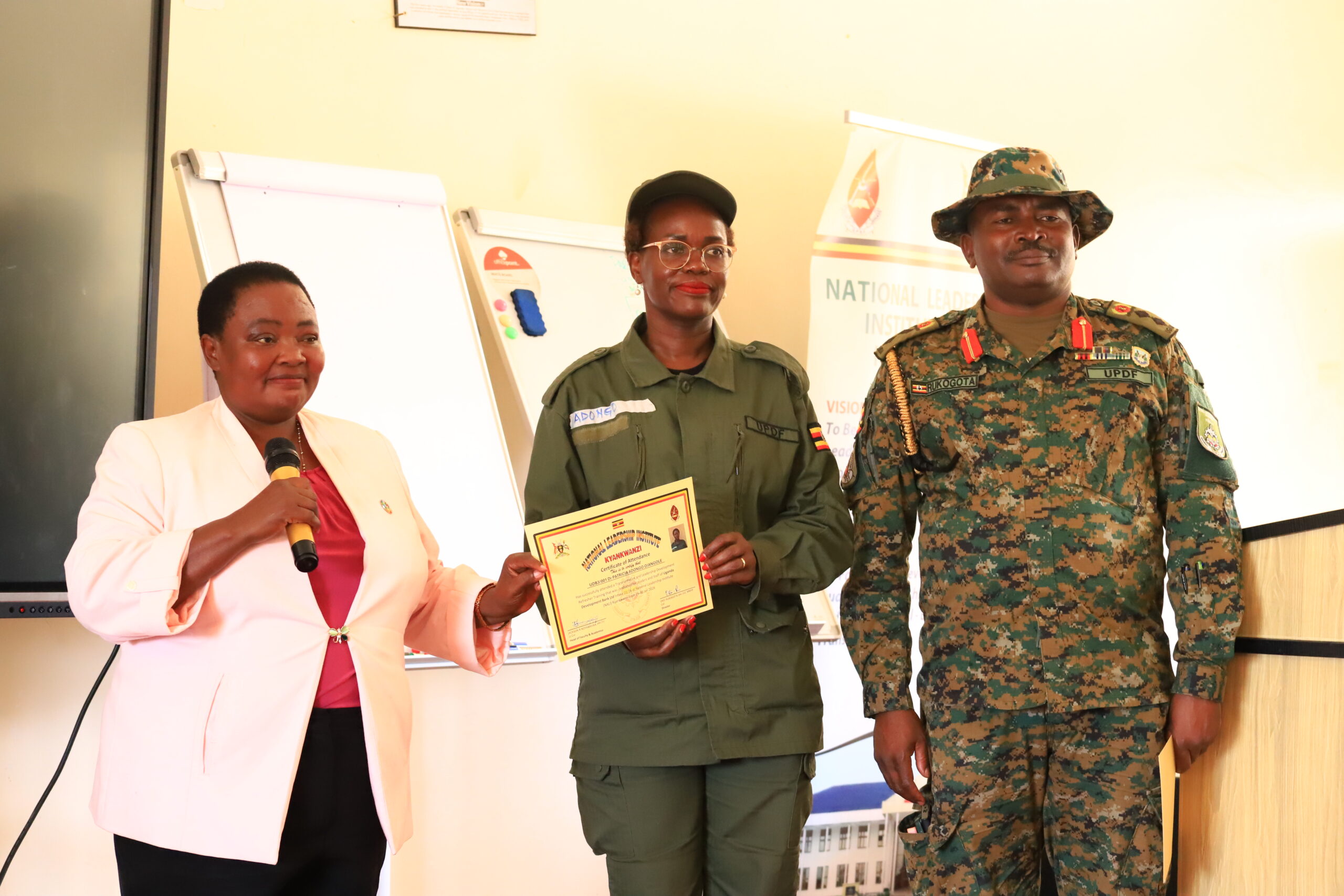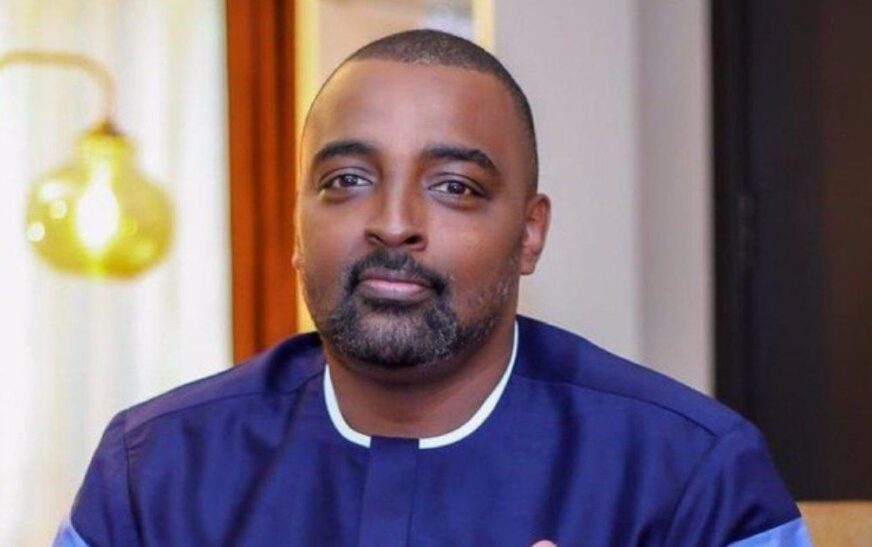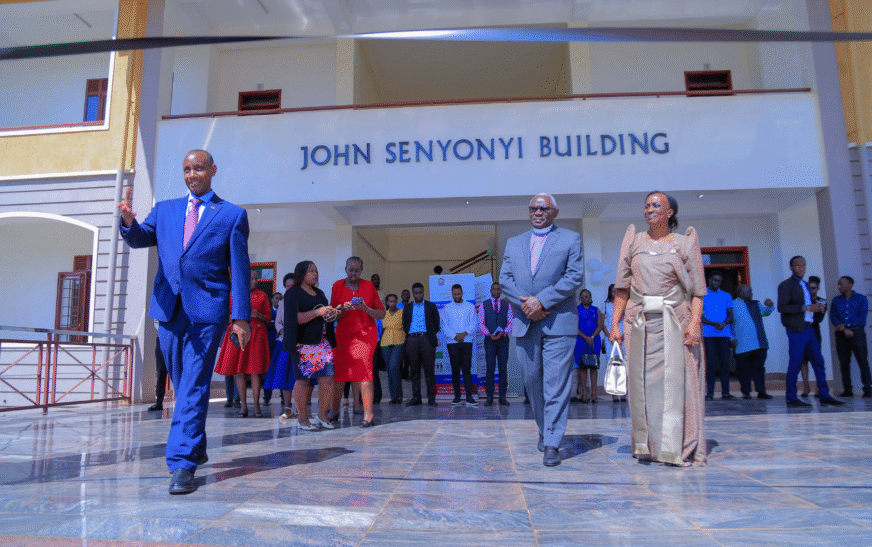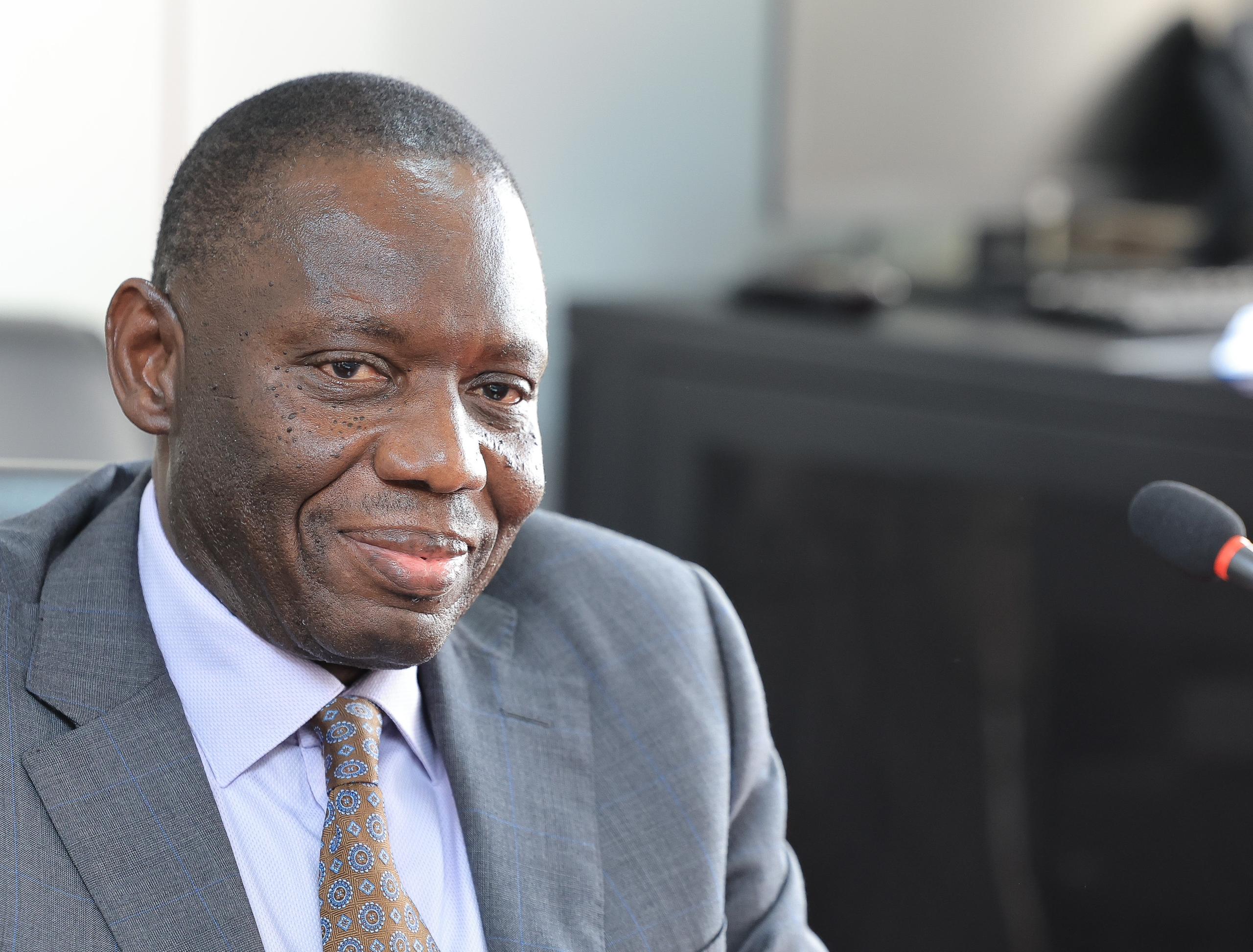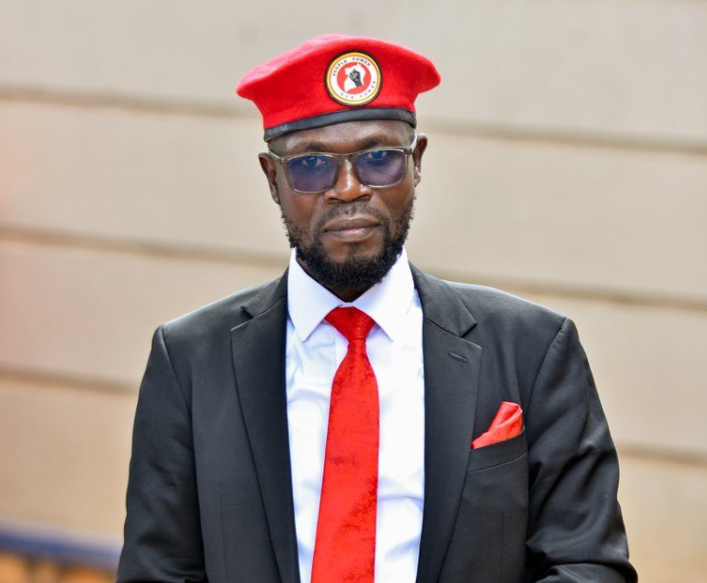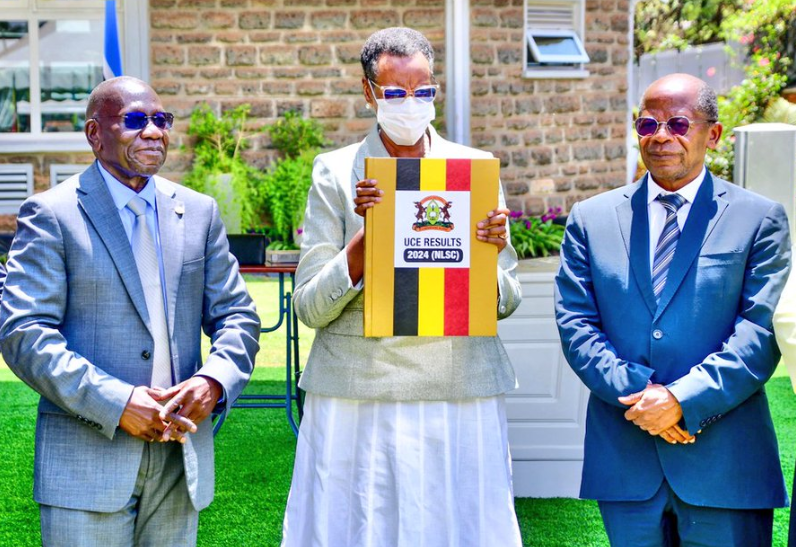The fate of journalism is at a critical crossroads—and artificial intelligence (AI) might be its saving grace. This was the powerful takeaway from Prof. Lawrence Muganga, Vice Chancellor of Victoria University, during his keynote at the Broadcast & Digital Media Convention held in Kampala.
“Newsrooms must evolve or dissolve,” he declared, challenging media organizations to shed outdated models and embrace the digital revolution head-on.
Contrary to the widespread anxiety that AI could replace journalists, Prof. Muganga reframed the narrative: “AI isn’t the enemy—it’s the upgrade.” He called on broadcasters, reporters, and content creators to harness AI tools to boost speed, precision, and relevance in an era where the media landscape is shifting rapidly.
He warned that those who resist digital transformation risk fading into irrelevance, especially as real-time reporting and technological innovation continue to reshape storytelling and audience engagement.
“To remain fast, relevant, and credible, media must adopt AI,” he asserted. “Journalism has to transform—or it may not survive.”
The convention gathered prominent media players from across East Africa, including representatives from NTV Uganda, UBC, NTV Kenya, NBS TV, and New Vision, to explore the evolving role of journalism in a tech-first world.
Victoria University’s leadership in the conversation highlights its commitment to pioneering innovation in education. The university recently launched a cutting-edge, AI-powered studio for its journalism students—positioning the institution as a catalyst for the future of media.

